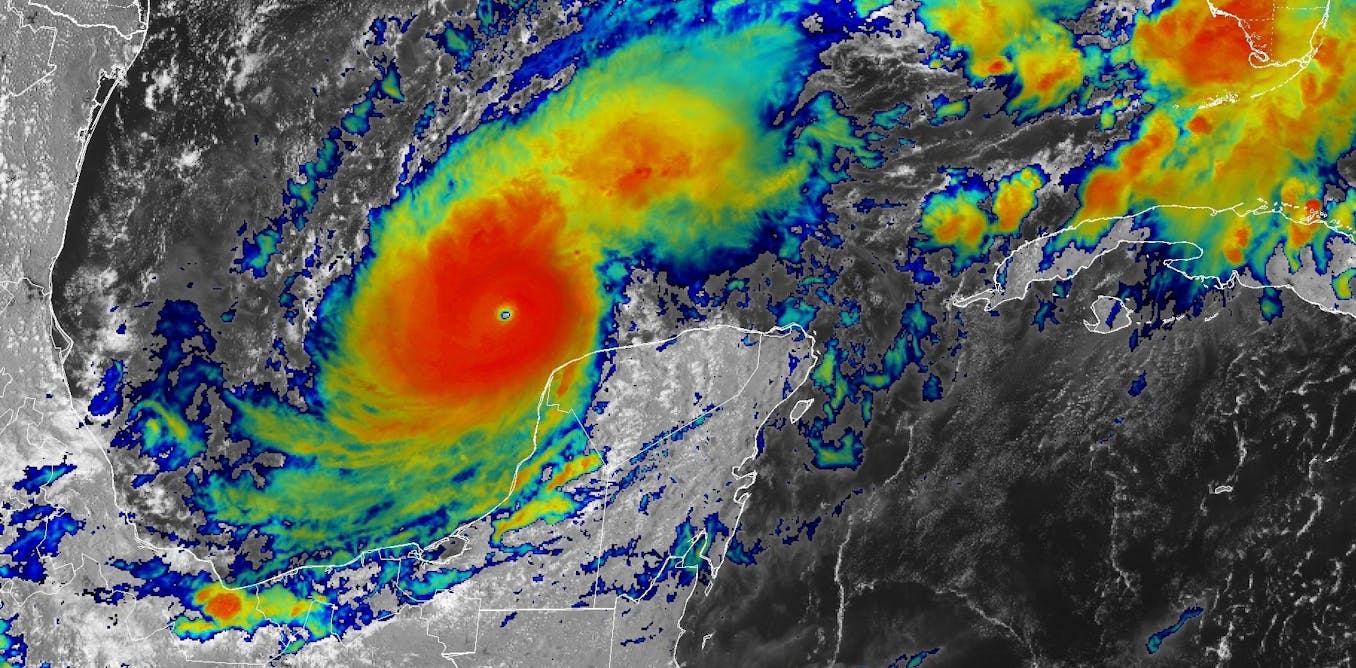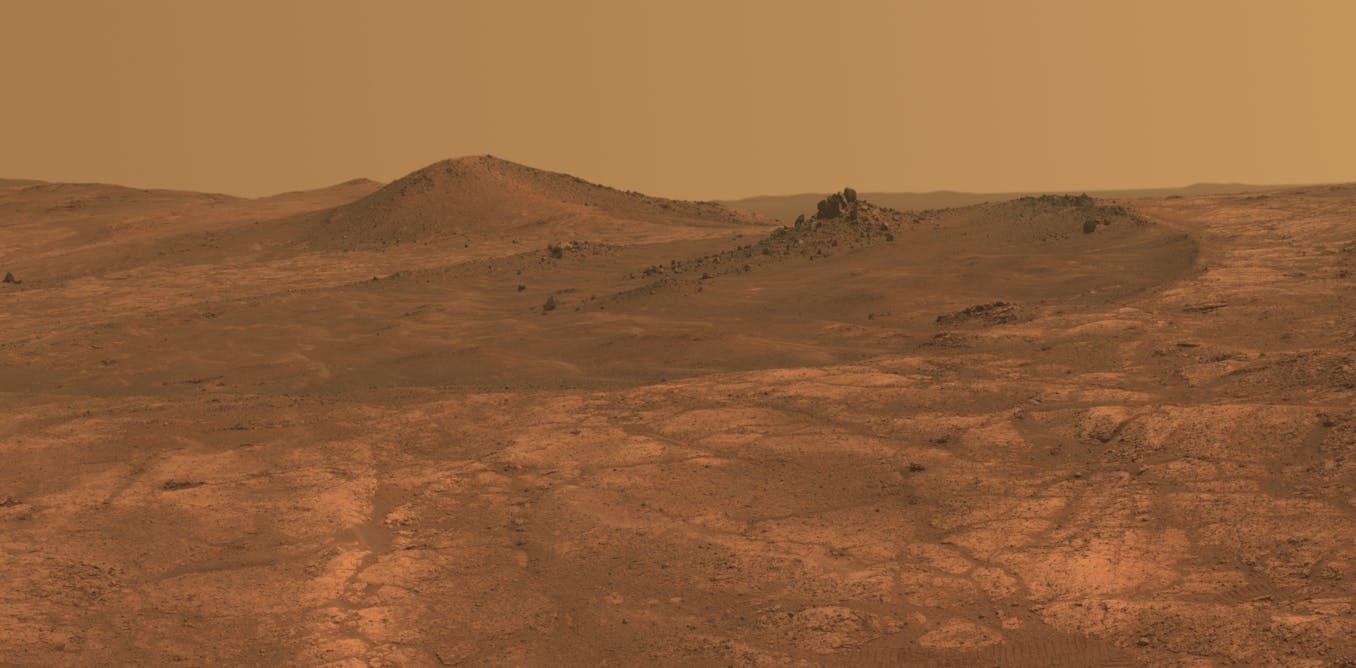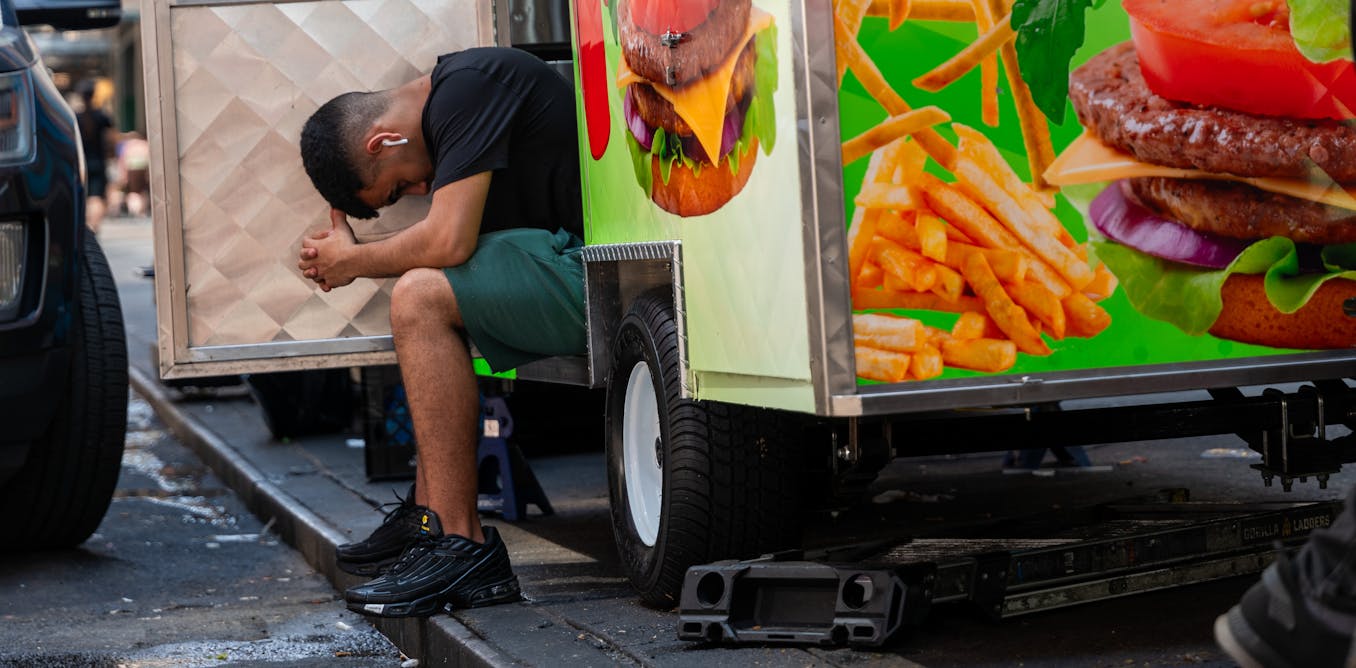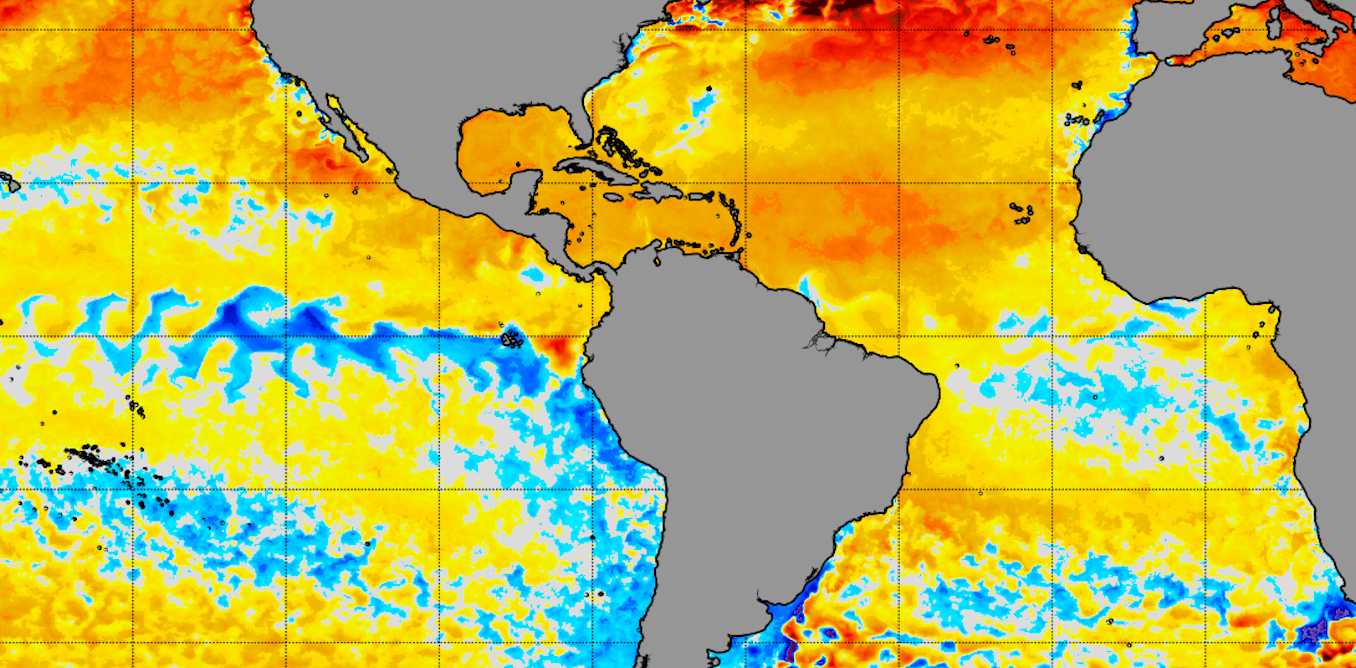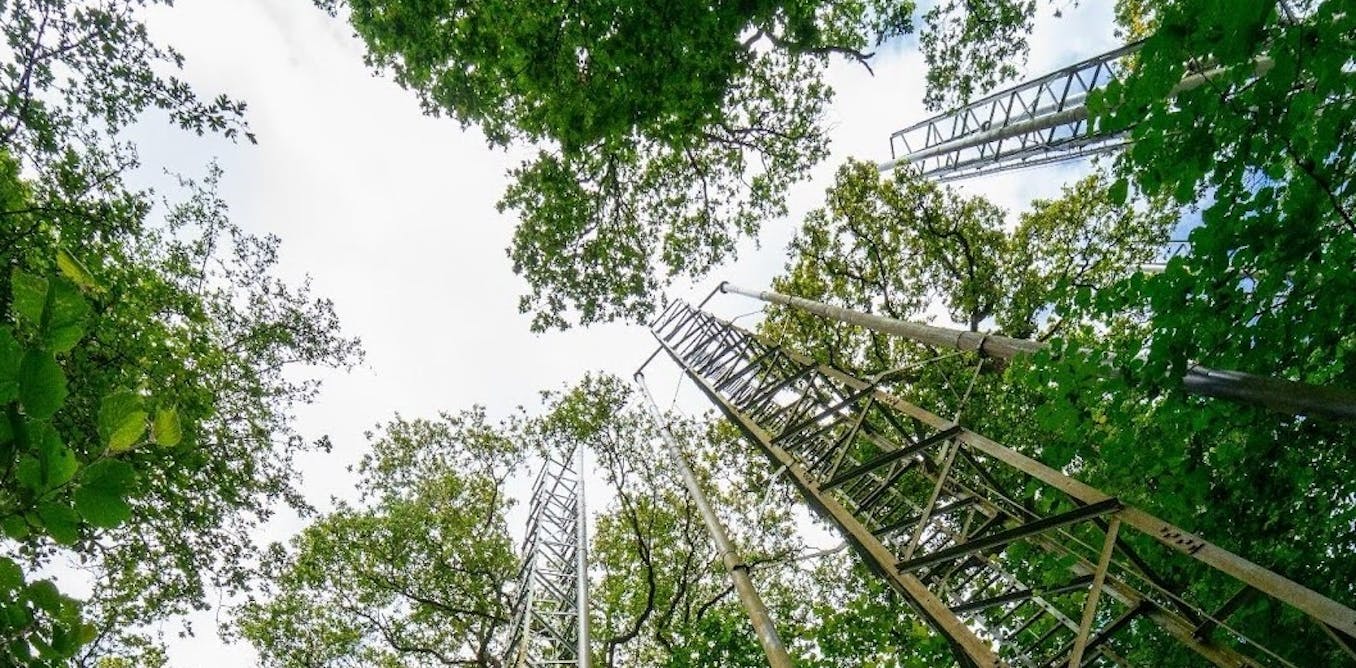How does the International Space Station orbit Earth without burning up?
The International Space Station is an engineering feat that has led to countless scientific discoveries. Like the thousands of satellites in orbit, it manages to stay up in the atmosphere.
Dec. 16, 2024 • ~8 min




